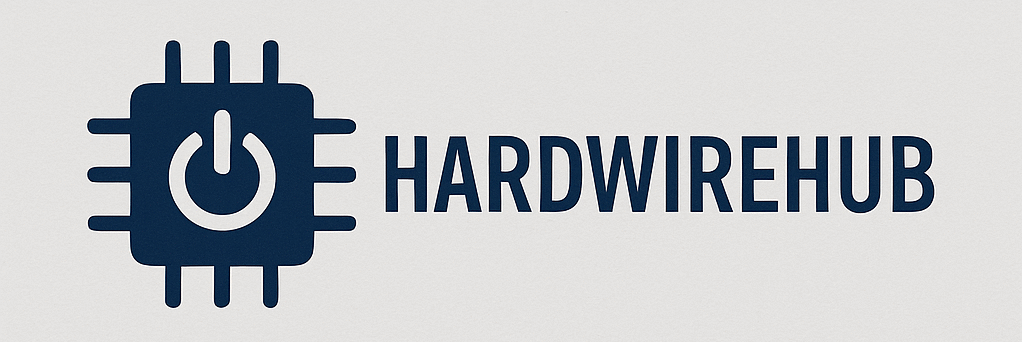
Unveiling Trump’s Bold AI Strategy: Deregulation and Copyright Dismissal
Understanding the Changes in the AI Landscape
Recently, a wave of excitement and controversy swept through the tech world as President Trump revealed an aggressive new plan for artificial intelligence (AI). In a surprising move, Trump’s proposal focuses on deregulation and dismisses the need for copyright payments for AI training. This bold strategy has sparked debates and raised questions about the future of AI development and innovation.
Deregulation in AI: What Does It Mean?
One of the key pillars of Trump’s AI plan is deregulation. This means removing or reducing government restrictions on AI development and deployment. By cutting through bureaucratic red tape, the goal is to encourage faster innovation and adoption of AI technologies across various industries. While some see this as a positive step towards progress, others raise concerns about potential risks and ethical implications.
Copyright Dismissal for AI Training: A Game-Changer?
In another unexpected move, Trump’s plan dismisses the requirement for copyright payments related to AI training. This decision could have far-reaching effects on how AI models are trained and the ownership of intellectual property in the AI space. While this change may simplify certain aspects of AI development, it also raises complex legal and ethical questions that need careful consideration.
Impacts on the Tech Community and Beyond
The tech community and beyond are closely watching the implications of Trump’s AI strategy. Developers, researchers, and industry leaders are assessing how these changes could shape the future of AI applications and regulations. The debate is not just about technology; it’s about the broader societal impact of AI advancements and the need for responsible and ethical AI development.
Looking Ahead: What’s Next for AI Innovation?
As we navigate through these new developments in the AI landscape, it’s crucial to stay informed and engaged. The evolving regulatory environment, combined with shifting perspectives on copyright and AI ethics, will undoubtedly influence the trajectory of AI innovation in the coming years. By staying curious and open to change, we can adapt to the evolving AI ecosystem and contribute to shaping a future where AI serves society responsibly and ethically.
